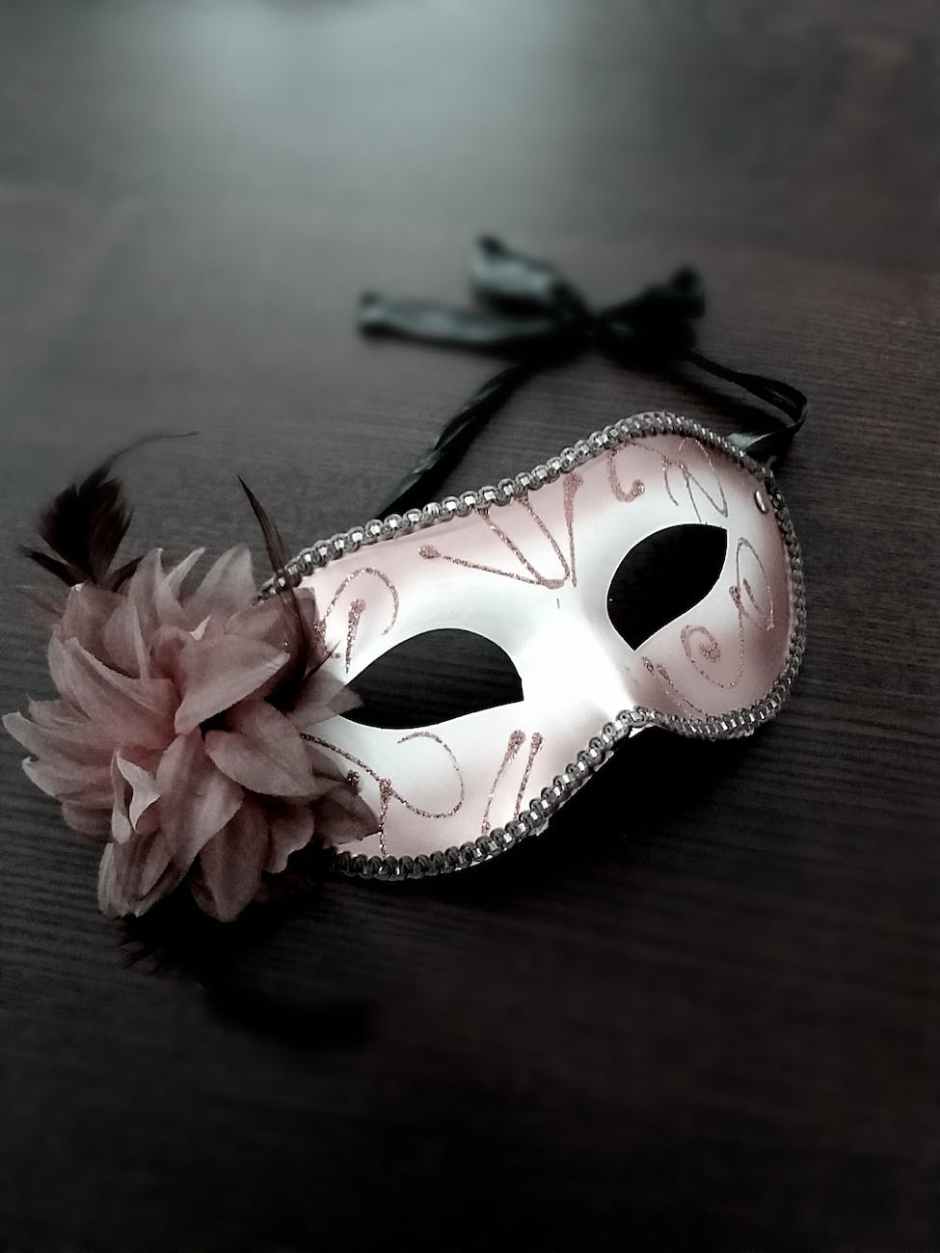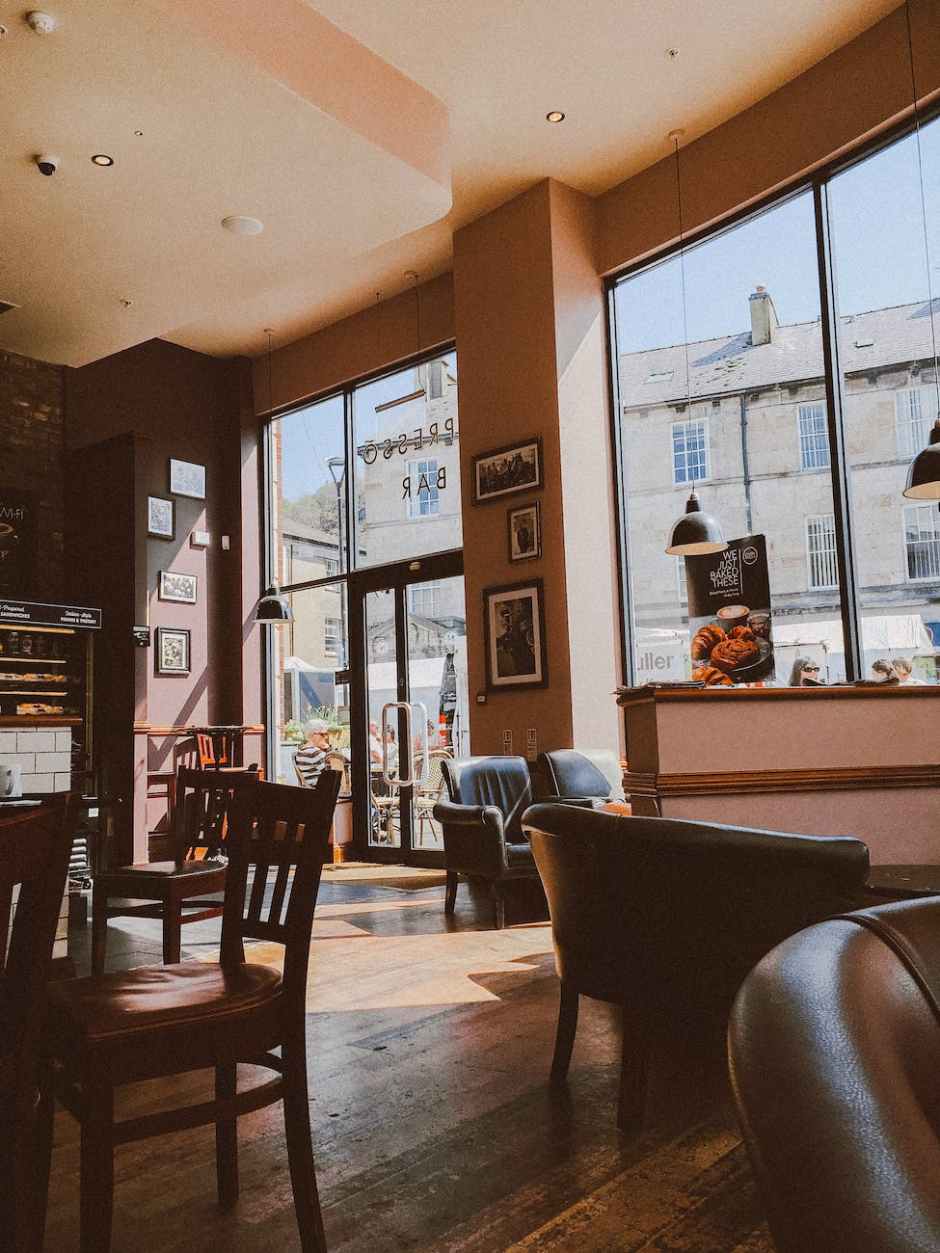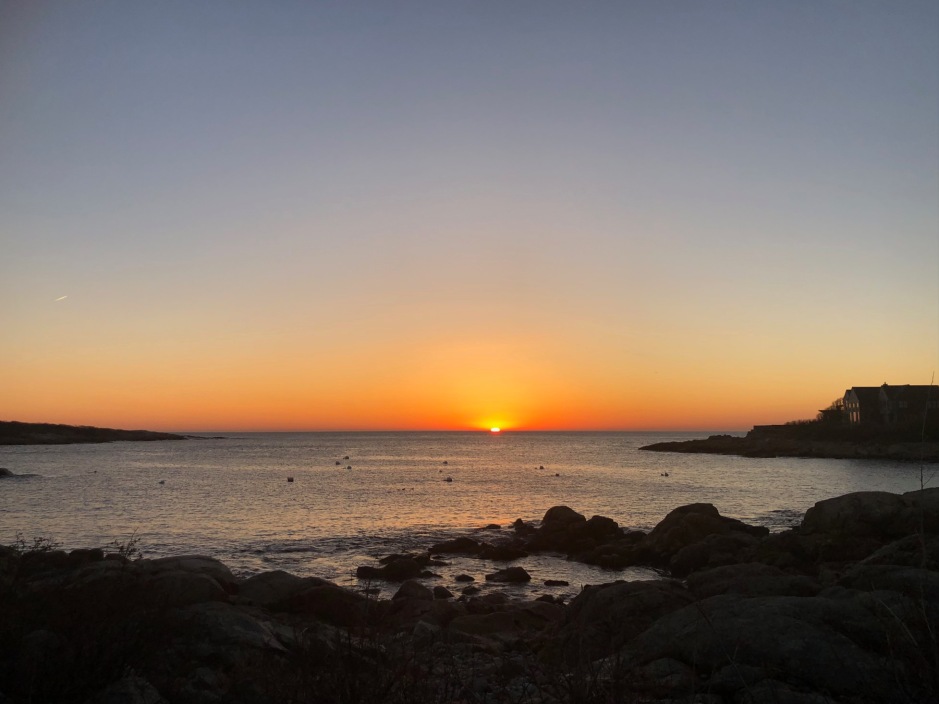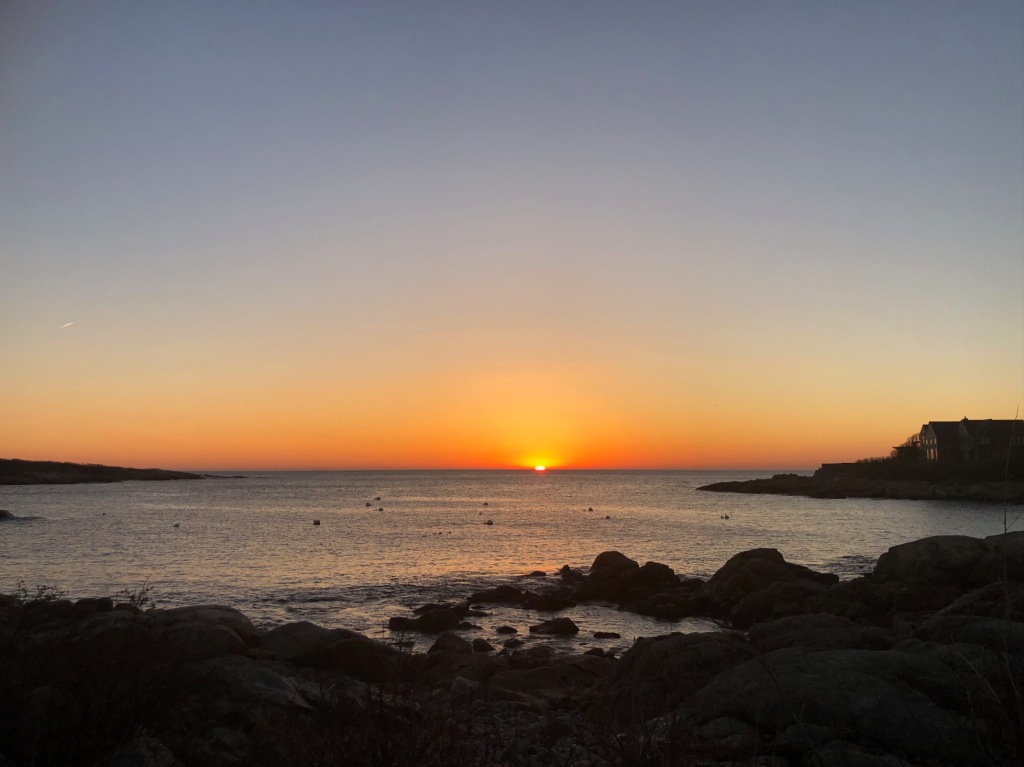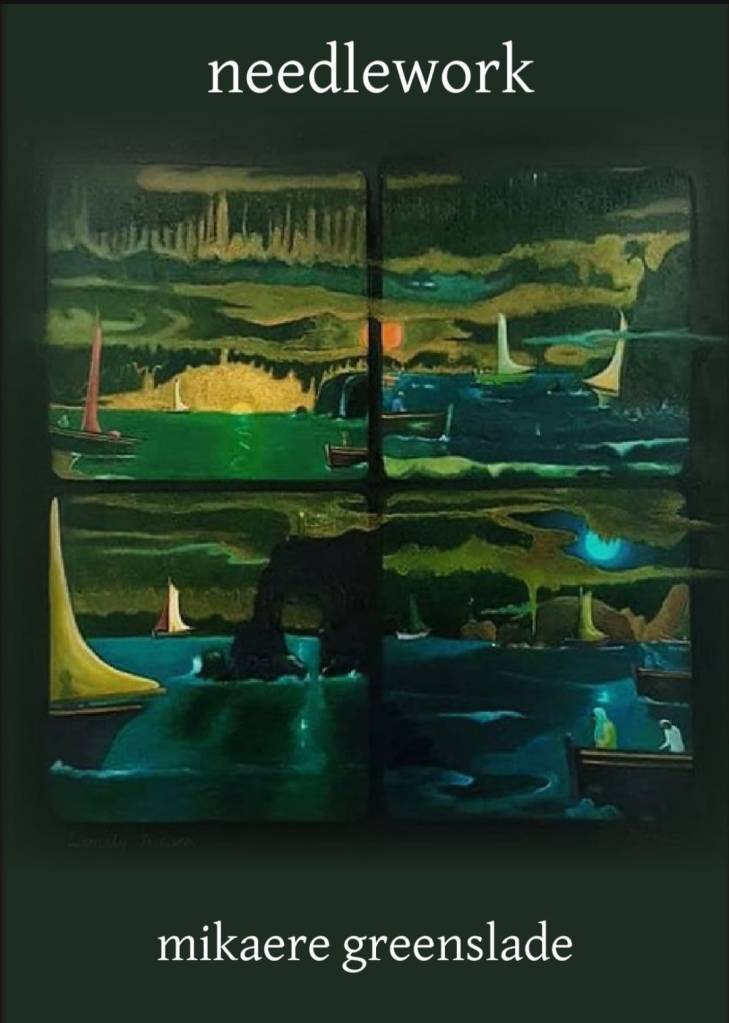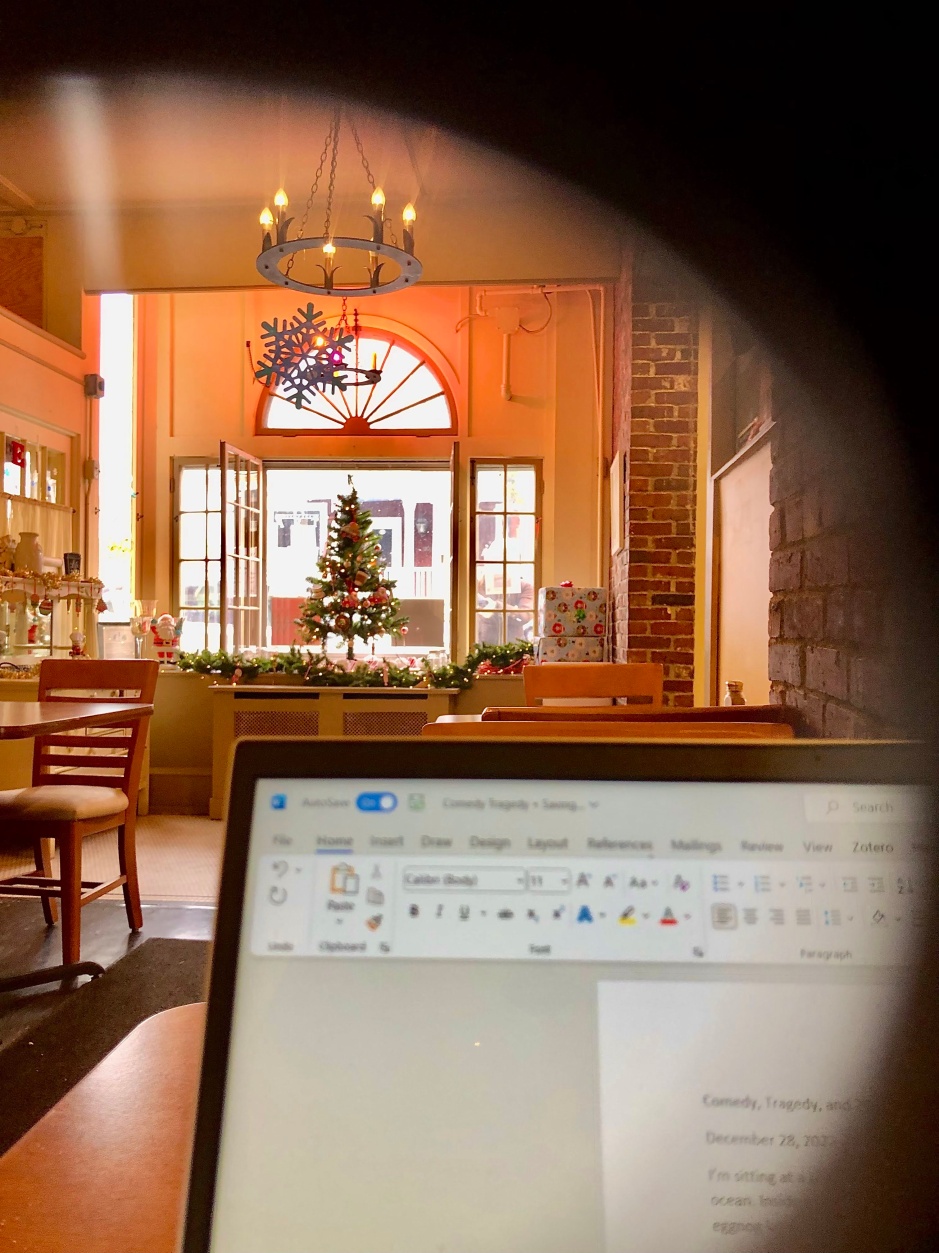The rejection email came one week after I had submitted the article. In truth, it was a kind and professional email. My article was “thoughtful and creative” they said, and it would not work for their magazine. They left me with best wishes, and it was over.
I felt hot all over as I read the email. There is nothing like rejection letters to take you back to childhood and those feelings of insecurity that all children go through at some point and some children go through at all points. I wanted to cry. It’s ironic that I received the email in the middle of facilitating what turned out to be a highly successful training. But I didn’t see that. All I saw was the “it would not work” part of the email and the picture in my mind of a big fat F for failure notice for all to see.
My first impulse was to hate the magazine. What did I need with some silly old magazine? Weren’t magazines from last century? But that didn’t work, because I love and appreciate this magazine. I’ve read it for several years and many of the articles in it are deep and thoughtful. The articles they publish point me to God; help me to contemplate big life questions and everyday faith and I am spiritually richer for reading them.
My next impulse was to hate my writing. Who do I think I am to publish anywhere besides my blog – that dear space that never rejects me. I never even took a college English course and here I am thinking I can actually put together a cohesive article. Who even is my audience? The whirlwind of self-doubt and criticism was exhausting, hanging heavy in my soul.
I managed to finish the training and finally back at my hotel room, I allowed myself to cry. I realized that the rejection was an outsider’s view of what I’ve felt recently about my writing. It highlighted the discouragement I have experienced, the lack of focus, the many pieces I have saved that are still incomplete. My submission of the article had been a high point of last week. I cared about what I had written – about the subject and the people affected. I felt like it was a pretty good article and I felt brave to have written it, brave to have pressed send on the submission email.
All those things are still true. The rejection email does not take away the good things about the process, the piece, and the courage it took to submit it. At its core, writing is a great big ampersand. It is sometimes brave and other times cowardly. It is at times exhilarating and other times defeating. It is truthful and it is dishonest. At times it resonates, and other times it falls flat, and that is because it is so deeply connected to the human experience.
The only true failure of all of this is if I allow rejection to diminish my love for the craft, if it prevents me from continuing to communicate ideas, thoughts, and things that I love through writing.
Madeleine L’Engle writes poignantly about the rejections she received when she submitted the manuscript for A Wrinkle in Time, a book that continues to be a best seller years after its publication. She described writing the book as a redemptive experience, so after two and a half years of rejection letters, she finally said to her agent that she was done. It was too hard for her, too hard for her family. A few months later, she gave a tea party for her mother, and through an old friend of her mother’s ended up with an appointment with a publisher and ultimately, a book deal for a book that so many around the world love. She writes about the mystery of timing and the mystery of art, its acceptance or rejection at the hands of another. Why, she wonders, does one writer or artist get discovered while another dies in obscurity? We yearn for success she says because “Art is communication, and if there is no communication it is as though the work has been stillborn.”1
I am absolutely no Madeleine L’Engle, but I love the resilience and love for writing that she models, and I take heart in her encouragement to continue writing.
And so, I press on. I press on because writing has become central to my life, central to my faith. I press on because I am not defined by rejection, but by belovedness. I press on because, in the words of the protagonist in Chariots of Fire, “When I write, I feel God’s pleasure.”
- Madeleine L’Engle in Walking on Water: Reflections on Faith & Art pp 25 ↩︎


